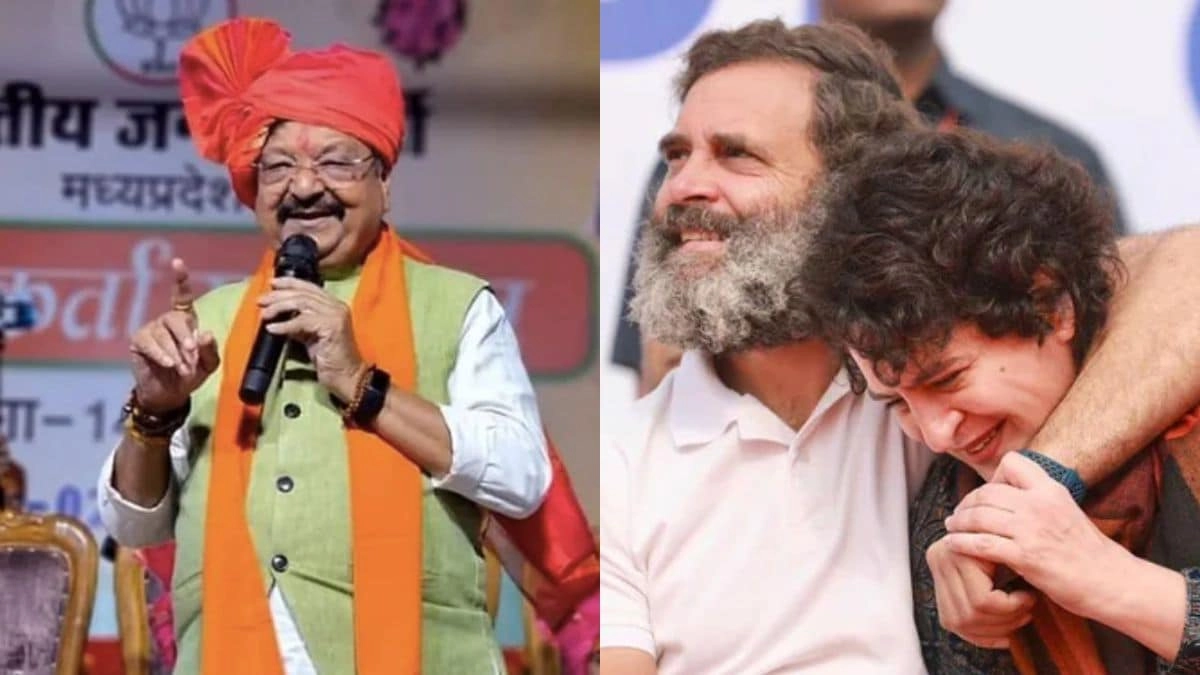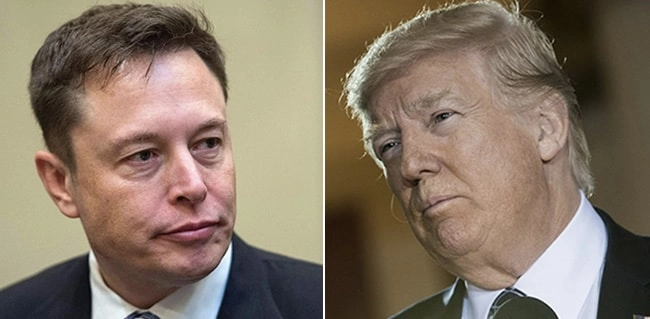The political landscape in India is once again abuzz with speculation following a controversial remark made by a Madhya Pradesh minister regarding the relationship between Rahul Gandhi and Priyanka Gandhi. The minister’s comment, which humorously questioned whether Rahul would kiss his sister, has sparked a lively debate about familial bonds in the context of political rivalry. This incident highlights the ongoing tensions within Indian politics, where personal relationships often become fodder for public discourse, particularly when involving prominent political families.
The remark has not only drawn attention to the dynamics between the Gandhi siblings but has also raised questions about the appropriateness of such comments in political discussions. As the Congress party continues to navigate its challenges, the focus on the personal lives of its leaders can be seen as a strategy to undermine their political standing. Critics argue that such comments distract from the pressing issues facing the nation and reduce serious political discourse to mere sensationalism.
Moreover, the remark reflects the broader issue of how political figures are often scrutinized for their personal relationships, with familial connections being leveraged as a point of contention. As the political climate heats up, particularly with upcoming elections, the interplay between personal and political narratives is likely to intensify. The Gandhi family’s legacy continues to make them a focal point in Indian politics, and any commentary on their relationships is bound to elicit strong reactions from both supporters and detractors.
In conclusion, the Madhya Pradesh minister’s remark serves as a reminder of the complexities of political discourse in India, where personal relationships are frequently intertwined with political strategy. As the public continues to dissect this incident, it remains to be seen how it will impact the perception of the Gandhi siblings and the Congress party as a whole. This evolving narrative underscores the significance of family ties in shaping political identities and the way leaders are viewed by the electorate.




